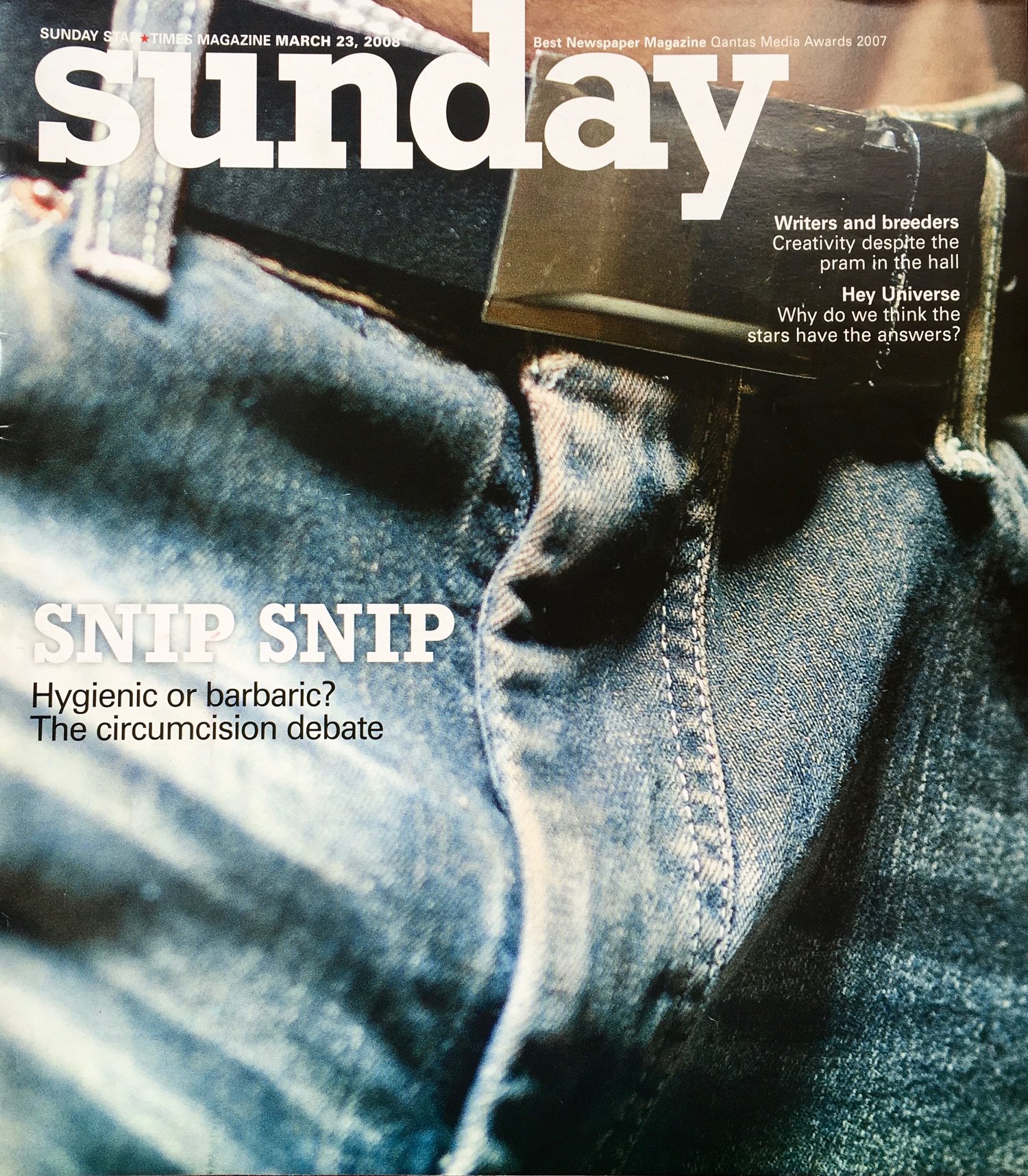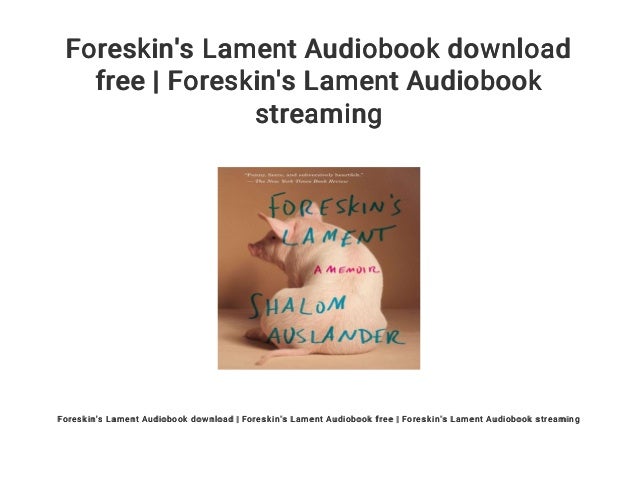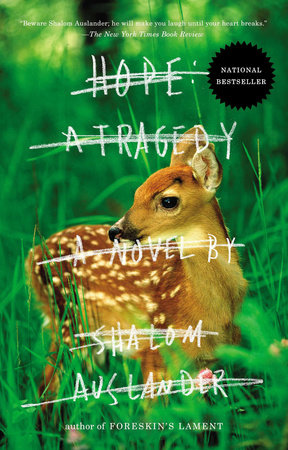Abstract
Foreskin's Lament is a scathing theological rant, a funny, oddly moving coming-of-age memoir, and an irreverent meditation on family, marriage, and cultural identity. Foreskin’s Lament reveals Auslander’s “painfully, cripplingly, incurably, miserably religious” youth in a strict, socially isolated Orthodox Jewish community, and recounts his rebellion and efforts to make a new life apart from it. His combination of unrelenting humor and anger renders a rich and fascinating portrait of a man grappling with his faith and family.
This thesis begins by arguing that the defining moment of New Zealand nationalism occurred not at Gallipoli but in Britain in 1905 with the triumphant tour of the All Blacks. The myths were later strengthened in the 1930s cultural literary movement which placed the 'ordinary bloke', and his traditions, at the centre of importance in New Zealand society. While this literary movement diminished towards the 1970s, it continued to exert a powerful influence in New Zealand up till the 1980s when authors, such as Greg McGee, sought to challenge the relevance of this nationalism and definition of masculinity. The intention of this thesis is not only to consider the mutually reinforcing areas of masculinity and rugby in generating a distinctively New Zealand identity, but more importantly to demonstrate how perceptions towards masculinity have been reviewed and reevaluated since the late 1970s. Rugby has also had a role in challenging and undermining those myths of identity. In order to chart the shifts in these perceptions, the thesis will not only focus on Greg McGee's Foreskin's Lament and its subsequent revision in 1985,but also on Whitemen. Old Scores, Skinand Bone and the accompanying literary criticism which deals with all of these texts to destabilise the myths and suggest where masculinity now stands in New Zealand.
Foreskin's Lament is a landmark play in the history of New Zealand theatre.[1] It was the breakthrough play for its writer, Greg McGee, and was initially workshopped at the New Zealand Playwrights' Conference in Wellington in 1980, and has since become a staple of New Zealand theatre. Being produced as it was immediately before and during the social unrest of the 1981 Springbok Tour of New Zealand,[2] it hit a nerve with the public and was named Best New Zealand Play of 1981.


The play is a drama set in a rugby union changing room after a practice, and at an after-match party. The captain is kicked in the head off-stage at the beginning of the first act, and again during the game between acts, by his own teammate and the play's antagonist, Clean. He dies in hospital during the second act. Creative modems driver download for windows 10. The theme is the conflict between fair play and winning at all costs, and the non-conformist lead character Foreskin's struggle to reconcile his university liberal values with those of his rugby-playing conservative mates.[3] The play ends with Foreskin directly addressing the audience in a monologue - or rather interrogation - filled with rugby allusions, questioning their own values, ending with the repeated question, 'Whaddarya?' (usually used in New Zealand to question someone's masculinity). Early performances left audiences in stunned silence. In some productions Foreskin undresses during the lament and finishes nude.



A significant production of the play was put on by the Downstage Theatre Company of Wellington in 1991. Their 1985 season had also included a memorable production of Foreskin's Lament, with some of the original cast reprising their roles in 1995.[4]
In New Zealand a rugby union player is an everyman, and the game and play present a model of society. Set in 1976, it looks forward to the 1981 Springbok Tour. Some have suggested that the ironically named character 'Clean' is based on the New Zealand Prime Minister, Rob Muldoon.[5] The script was updated after the 1981 tour and was later heavily revised by the author for filming as Skin and Bones.
Foreskin's Lament Pdf
References[edit]
- ^Taonga, New Zealand Ministry for Culture and Heritage Te Manatu. 'Foreskin's lament, 1981'. teara.govt.nz. Retrieved 20 April 2018.
- ^'Nothing lamentable in play's latest outing'. NZ Herald. 30 June 2000. ISSN1170-0777. Retrieved 20 April 2018.
- ^'Greg McGee and telling tales'. Stuff. Retrieved 20 April 2018.
- ^Mark Derby, 'Theatre companies and producers - The rise of professional companies', Te Ara - the Encyclopedia of New Zealand, http://www.TeAra.govt.nz/en/photograph/43409/downstage-production-of-foreskins-lament-1991
- ^Easton, Brian. 'Muldoon in Fiction: Politicians and Intellectuals | Brian Easton'. Retrieved 10 June 2020.
External links[edit]
Foreskin's Lament Quotes
Foreskin's Lament Summary
